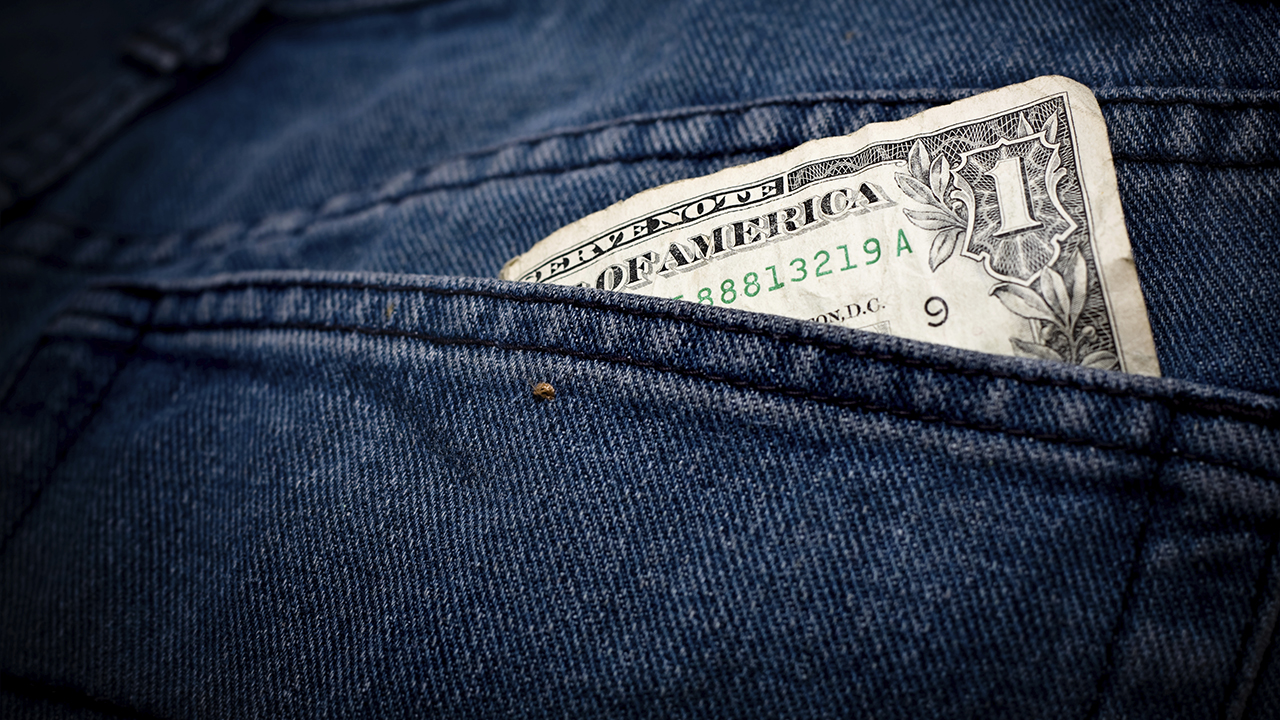The Paycheck Fairness Act and Raise the Wage Act Will Help Women Build Economic Security
(Washington, D.C.) This week Congress reintroduced the Paycheck Fairness Act and the Raise the Wage Act, two pieces of critical legislation that advance racial and gender equity and address the economic pain that is falling disproportionately on women of color in the wake of the COVID-19 pandemic.
The gender wage gap persists, twelve years after the passage of the Lilly Ledbetter Fair Pay Act. The Paycheck Fairness Act will update and strengthen the Equal Pay Act of 1963 and provide additional protections against pay discrimination. Among other provisions, this bill will prohibit employers from relying on salary history to set pay when hiring, guarantee women can receive the same remedies for sex-based pay discrimination as are available for race- or ethnicity-based discrimination, promote pay transparency by protecting employees from retaliation for discussing or disclosing their wages, and require employers to report race and gender wage gaps to the Equal Employment Opportunity Commission. The Raise the Wage Act will raise the federal minimum wage to $15 an hour by 2025, giving nearly 32 million people a raise; the Economic Policy Institute estimates that almost six in ten workers who will get a raise are women, and nearly one in four is a Latina or Black woman. By phasing out exclusions and ensuring that the higher minimum wage applies to tipped workers, young workers, and people with disabilities, the Raise the Wage Act also works to dismantle historic inequities.
The following is a statement by Emily Martin, Vice President for Education & Workplace Justice at the National Women’s Law Center:
“Black women, Latinas, and other women continue to be undervalued and underpaid, even as they risk their lives on the front lines of the COVID-19 crisis to keep the country going. If we don’t close the gender wage gap, a woman starting her career today stands to lose more than $400,000 over a 40-year career. Latinas will typically lose over $1 million and Black women and Native American women close to that. That is life-changing money. When we shortchange women, we undercut their ability to navigate this crisis in the short run and to build wealth and economic stability for their families in the long run.
“Millions of women in America know that having a job is no guarantee of being able to afford enough to eat or a roof over their head. Our shamefully low federal minimum wage—stuck at $7.25 an hour for more than a decade, and at $2.13 an hour for tipped workers for 30 years—falls far short of a living wage and drives racial and gender wage gaps. Latinas, Black women, Native American women, and other women of color are especially likely to work as child care workers, home care aides, restaurant servers, grocery store cashiers, and in other critically important jobs that pay the minimum wage or just a few dollars above it.
“The women working in these essential jobs shouldn’t be asked to bear the risk of falling into poverty even when they work full time. In order to build a stronger economy that works for everyone, we must increase the minimum wage and shrink the gender wage gap. The Paycheck Fairness Act and the Raise the Wage Act are key to our recovery.”
###




